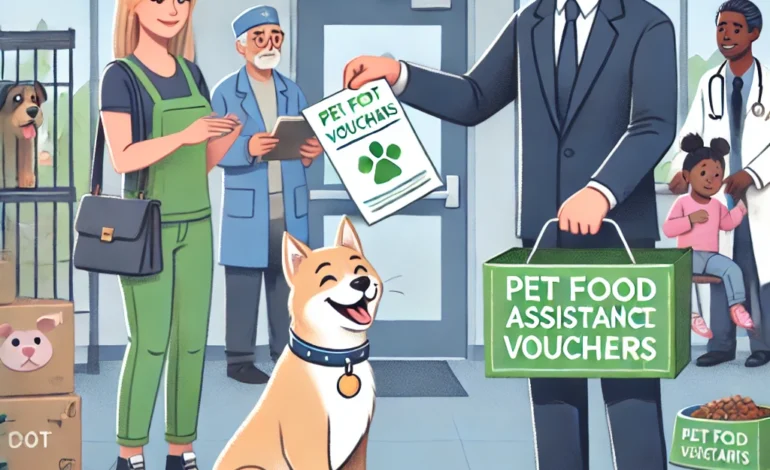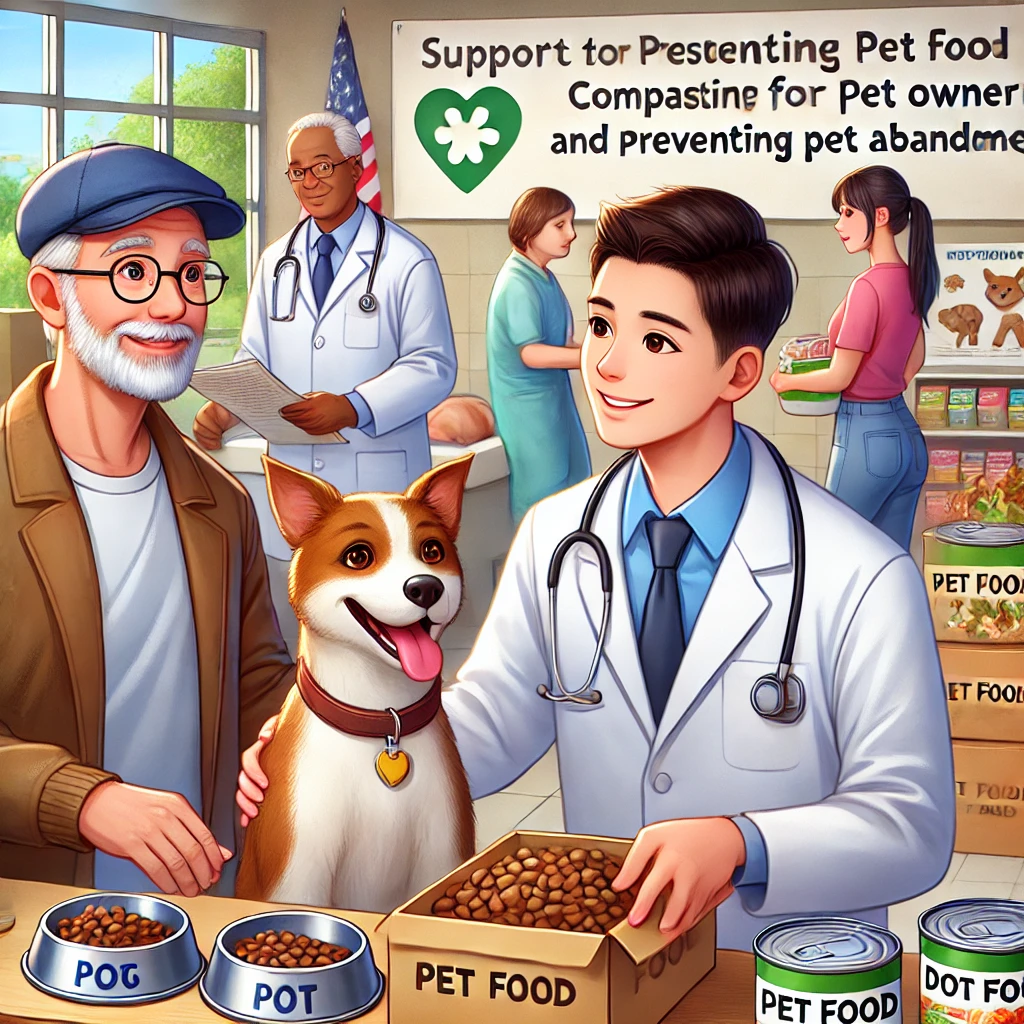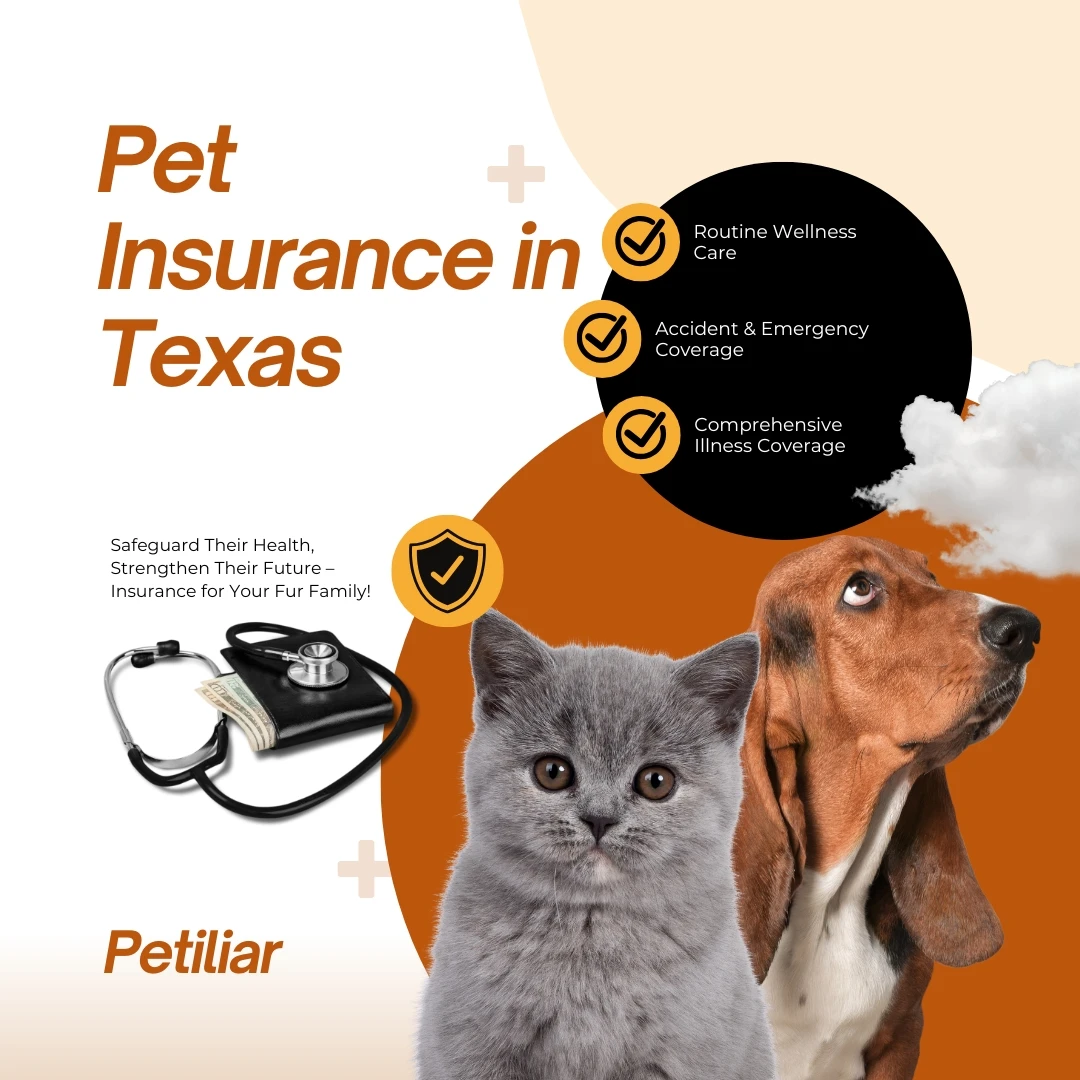
The Doge Food Stamps Bill: A Comprehensive Guide
The Doge Food Stamps Bill
Introduction
Pet ownership brings joy and companionship but also financial responsibility. Many pet owners struggle with costs, especially during economic hardships. The Doge Food Stamps Bill aims to provide financial support, ensuring pets receive adequate nutrition. This initiative is crucial for pet welfare and public well-being. In this guide, we explore its key aspects, benefits, concerns, and future possibilities.
The bill represents a significant step toward recognizing pets as family members. It acknowledges that economic struggles impact not only humans but also their beloved companions. By offering structured financial support, the legislation prevents situations where pet owners must choose between their needs and those of their pets. The well-being of animals directly correlates with the mental and emotional stability of their owners. Addressing pet food insecurity enhances community welfare, reducing the likelihood of pets being abandoned or malnourished.
Ensuring Financial Support for Pet Owners
Financial hardship can impact pet care, leading to abandonment or neglect. This bill helps by offering food assistance to eligible pet owners. Many families struggle with daily expenses, and pet food costs can be overwhelming. Providing food stamps specifically for pets reduces financial burdens. Similar to human welfare programs, this initiative ensures pets receive adequate nutrition. Government-backed support can prevent pet surrender due to financial constraints. Keeping pets with their families fosters emotional stability and responsible pet ownership.
Many pet owners are forced to surrender their pets when they can no longer afford proper nutrition. Animal shelters across the country receive thousands of pets annually due to financial hardships faced by families. By ensuring financial aid, the government not only helps pet owners but also reduces the strain on overcrowded shelters. Additionally, this assistance allows people to focus on other financial obligations without feeling the guilt of neglecting their pets. Providing such support creates a more compassionate society that values the role of pets in emotional well-being.

A Comprehensive Overview
The Doge Food Stamps Bill is a legislative proposal aimed at assisting low-income pet owners. It functions similarly to food assistance programs for humans. The bill outlines eligibility requirements, funding mechanisms, and distribution methods. It emphasizes the importance of responsible pet ownership while providing necessary support. Pet welfare organizations and veterinarians support the initiative, recognizing its impact on pet health. By addressing food insecurity for pets, the bill promotes ethical pet care. The proposed legislation balances financial feasibility with practical implementation.
One of the key aspects of the bill is that it operates through a structured distribution system. The government collaborates with pet food manufacturers and retailers to supply affordable pet food. Eligible pet owners receive a designated amount of pet food credits or vouchers each month, which can be redeemed at authorized pet stores or shelters. This structure prevents misuse while ensuring that the funds directly benefit pet nutrition. By integrating nonprofit organizations and local communities into the initiative, the bill promotes widespread participation and awareness.
Key Provisions of the Bill
The bill outlines eligibility criteria for receiving pet food assistance. Low-income families, senior citizens, and disabled individuals qualify for the program. The government collaborates with pet food manufacturers and retailers for cost-effective distribution. Applicants must prove financial need and responsible pet ownership. The bill ensures assistance reaches genuinely struggling pet owners. Fraud prevention measures maintain program integrity. Local animal shelters may also distribute food supplies.
Another key provision includes the implementation of educational programs. Pet owners receiving aid are encouraged to participate in workshops that focus on responsible pet ownership, dietary needs, and healthcare for pets. These workshops promote awareness and help prevent cases of pet malnutrition due to misinformation. Additionally, veterinary clinics may partner with the program to provide free nutritional consultations, ensuring that pet food provided aligns with the dietary requirements of different breeds and health conditions.
Potential Impact and Benefits
This bill reduces pet abandonment due to financial struggles. Providing food assistance keeps pets with their families, improving emotional well-being. Pet health improves when proper nutrition is consistently available. The bill encourages responsible pet ownership and financial planning. Veterinarians support the initiative, seeing fewer cases of malnourished pets. Reduced pet surrenders lessen the burden on animal shelters. The program strengthens the bond between pets and their owners.
A well-fed pet is a healthier pet, which results in lower veterinary costs over time. Malnourished pets are more susceptible to diseases, leading to higher medical bills for owners. With this initiative, pet owners can ensure their pets receive balanced nutrition, reducing the likelihood of health complications. The program also has positive economic implications, as increased demand for pet food creates jobs in the pet food industry, supporting local businesses and manufacturers.
Addressing Concerns and Misconceptions
Critics argue that pet welfare should not be a government responsibility. However, pets contribute to mental and emotional health. Some worry about misuse of funds, but strict eligibility criteria prevent abuse. Others question the economic feasibility of such a program. Studies suggest that keeping pets with owners reduces overall shelter costs. The bill does not cover luxury pet items, only essential food supplies. Educational campaigns ensure that funds are used responsibly.
Opponents of the bill may also claim that pet ownership is a choice, and those struggling financially should avoid keeping pets. However, many people acquire pets under stable financial conditions but face unexpected hardships due to job loss, medical expenses, or economic downturns. Responsible pet ownership should not be compromised due to uncontrollable financial setbacks. A humane society must ensure that pets do not suffer simply because their owners experience temporary economic challenges.
Fraud Prevention Strategies
Strict eligibility verification prevents misuse of resources. Applicants must provide proof of income and pet ownership. Periodic re-evaluation ensures continued need-based assistance. Digital tracking systems monitor usage and prevent duplication. Partnerships with veterinarians and shelters help validate claims. Fraudulent activities lead to disqualification from the program. Transparency measures maintain public trust and accountability.
The bill integrates modern technology to minimize fraudulent claims. A secure database records recipient details and ensures transparency. Each pet is registered within the system to prevent duplicate claims. Shelters and veterinarians may also serve as verification partners, confirming that assistance is going to legitimate pet owners. Implementing fraud prevention measures ensures that aid reaches those who genuinely need it.
International Perspectives and Similar Programs
Several countries have implemented pet welfare programs similar to the Doge Food Stamps Bill. Nations like Canada and Germany provide assistance to low-income pet owners through subsidies and food aid programs. The effectiveness of these programs highlights the potential success of the Doge Food Stamps Bill. By studying these international initiatives, policymakers can adopt best practices to enhance program efficiency.
Lessons from International Experiences
International models show that pet welfare programs can reduce abandonment rates. Countries with structured pet food assistance programs report fewer cases of malnourished pets. Lessons from these nations emphasize the importance of proper funding, public-private collaboration, and community involvement. Implementing these strategies ensures long-term sustainability and effectiveness.
The Future of Pet Welfare and Financial Support
The Doge Food Stamps Bill is a step toward comprehensive pet welfare. Future expansions may include medical aid and pet insurance subsidies. As society acknowledges pets as family members, financial support for pet care will evolve. Ensuring proper implementation and oversight will be key to the program’s success.
Potential Expansion and Improvements
Enhancing program accessibility and efficiency will maximize its impact. Introducing digital tracking systems, increasing community involvement, and expanding eligibility criteria can strengthen the initiative. Future improvements may include offering support for veterinary expenses alongside food assistance.
The Role of Technology and Innovation
Technology can streamline food distribution and fraud prevention. Digital wallets and automated tracking ensure transparency and prevent misuse. Blockchain-based systems may enhance accountability. The integration of smart applications can assist pet owners in managing their pet food assistance efficiently.
Conclusion
The Doge Food Stamps Bill promotes a compassionate and responsible society. With proper implementation and oversight, it can prevent pet abandonment and improve pet welfare. Future innovations will enhance the effectiveness and reach of pet assistance programs, ensuring a better future for pets and their owners.



